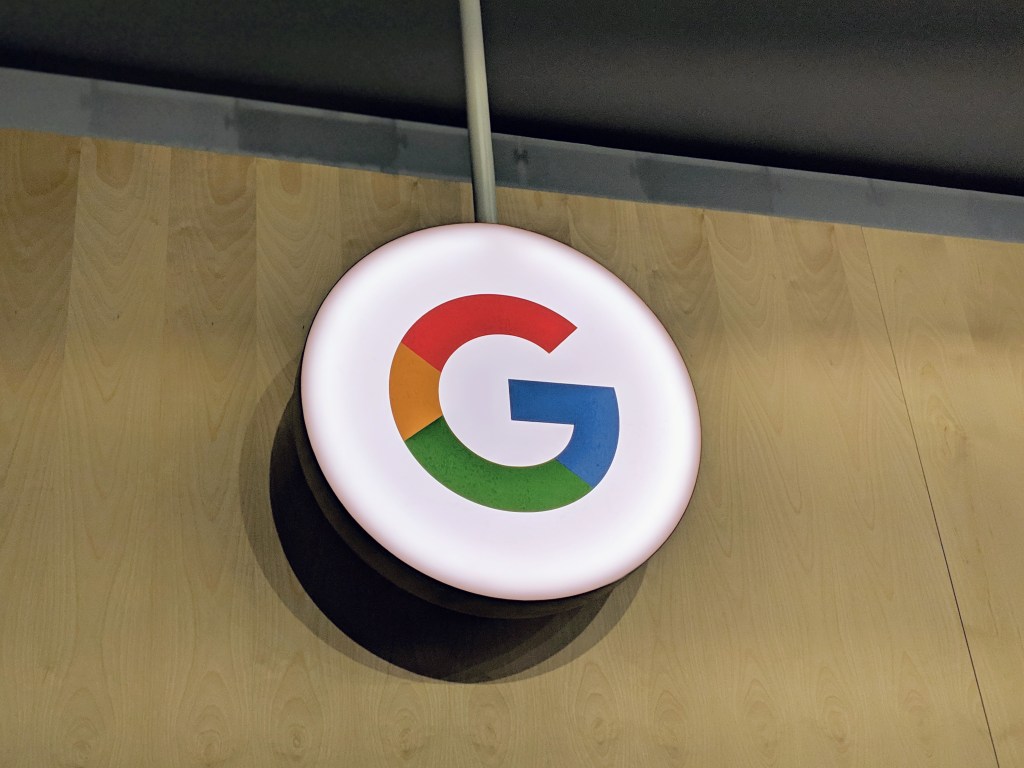Google has unveiled Gemma 3n, the latest addition to its Gemma series of open AI models, designed to operate efficiently on mobile devices such as smartphones, laptops, and tablets. Announced during Google I/O 2025, Gemma 3n is engineered to handle various data types, including audio, text, images, and videos, directly on devices with less than 2GB of RAM.
The development of on-device AI models like Gemma 3n addresses several key challenges in the AI landscape. Traditionally, running AI models required substantial computational resources, often necessitating cloud-based processing. This approach, while powerful, introduces concerns related to data privacy, latency, and operational costs. By enabling AI processing directly on user devices, Gemma 3n offers a solution that enhances privacy by keeping data local, reduces latency by eliminating the need for data transmission to remote servers, and lowers costs associated with cloud computing.
Gus Martins, Product Manager for Gemma, highlighted the model’s efficiency during the I/O keynote, stating that Gemma 3n shares the same architecture as Gemini Nano and is engineered for exceptional performance. This design choice ensures that even devices with limited hardware capabilities can leverage advanced AI functionalities without compromising performance.
In addition to Gemma 3n, Google introduced MedGemma, a specialized model within the Health AI Developer Foundations program. MedGemma is tailored for analyzing health-related text and images, providing developers with a robust tool to enhance health applications. Martins emphasized that MedGemma works effectively across a range of image and text applications, allowing developers to adapt the models for their own health apps.
Looking ahead, Google announced the forthcoming release of SignGemma, an open model designed to translate sign language into spoken-language text. This initiative aims to empower developers to create applications that facilitate communication for deaf and hard-of-hearing users. Martins noted that SignGemma is the most capable sign language understanding model to date, and Google is eager for developers and the deaf and hard-of-hearing communities to build upon this foundation.
The introduction of Gemma 3n and its counterparts signifies a significant shift towards more accessible and privacy-conscious AI applications. By enabling advanced AI processing on devices with limited resources, Google is paving the way for a new era of AI integration that prioritizes user privacy, reduces reliance on cloud infrastructure, and broadens the scope of AI applications across various domains.



